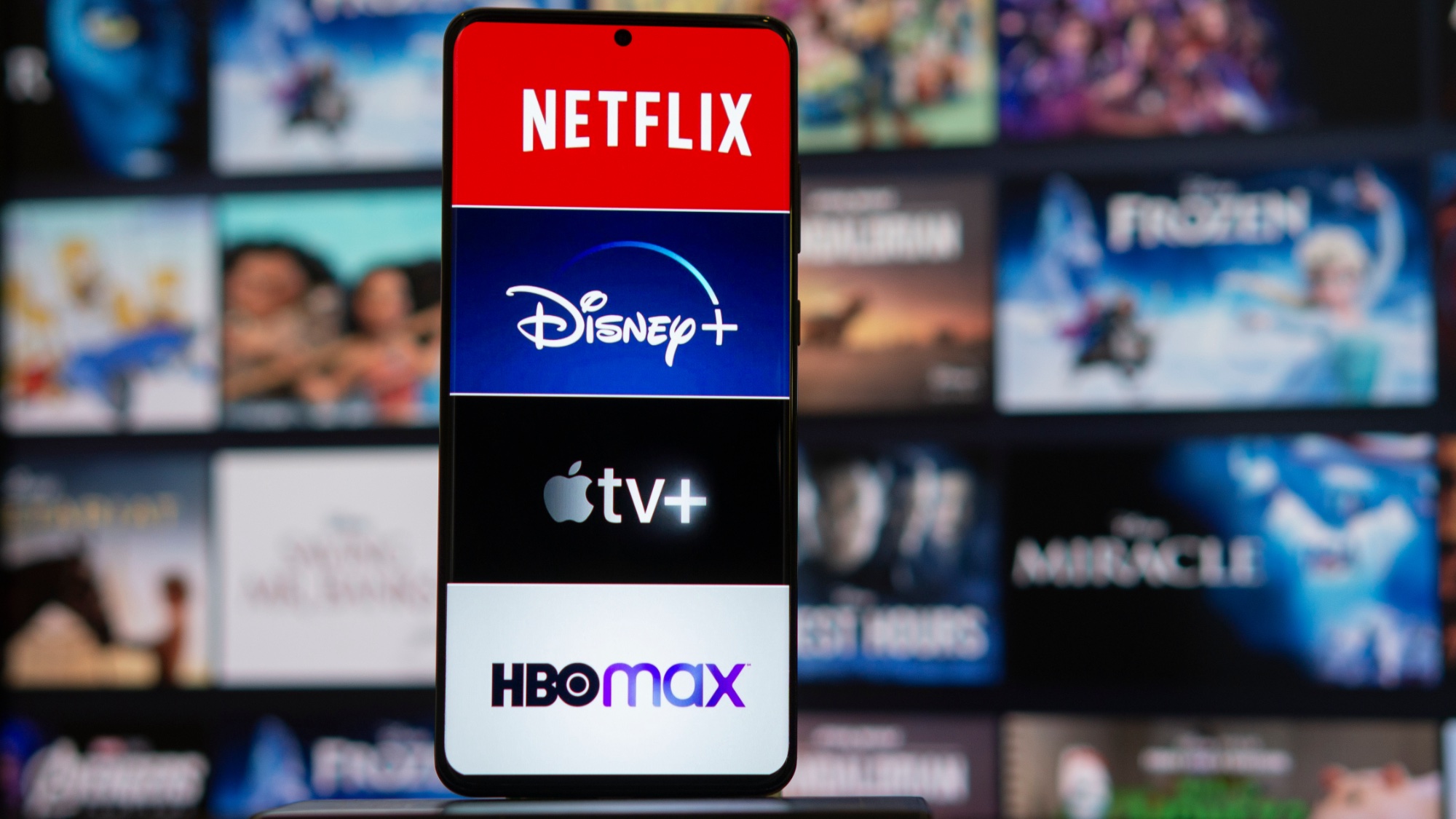
Based solely on the number of podcasts ads I hear for services that monitor personal spending, canceling subscriptions is an annoying, complicated process that most of us would rather forget about than stop paying for things we're not using. Obviously, companies that rely on subscription fees don't want you cancelling, with some throwing up roadblocks to stop you.
That may change soon as Lina Khan, chair of the U.S. Federal Trade Commission, announced a new rule meant to strip away the hoops you have to jump through to cancel a subscription. Dubbed Click to Cancel, the rule would require companies to make it as easy to quit a subscription as it was to sign up for one, using the same number of steps. One-click sign up would also be a one-click cancellation under Click to Cancel.
“Too often, businesses make people jump through endless hoops just to cancel a subscription,” Khan said in a statement announcing Click to Cancel. “The FTC’s rule will end these tricks and traps, saving Americans time and money. Nobody should be stuck paying for a service they no longer want.”
Click to Cancel explained
Click to Cancel is also requiring "sellers" to provide information to customers including when they are being switched from a free trial to a paid subscription, and requiring consent from customers before doing so. It also will "prohibit sellers from misrepresenting any material facts while using negative option marketing."
The FTC says that the rule will go into effect "180 days" after it gets published in the Federal Register. New rules go through a vetting process before being considered a "Final Rule" which then gets published.
Click to Cancel is an update to the already existing 1973 Negative Option Rule, which the FTC says it's modernizing to "combat unfair or deceptive practices" around memberships, subs and other programs with recurring payments.
The FTC announcement says that the rule will prohibit sellers from:
- Misrepresenting any material fact made while marketing goods or services with a negative option feature;
- Failing to clearly and conspicuously disclose material terms prior to obtaining a consumer’s billing information in connection with a negative option feature;
- Failing to obtain a consumer’s express informed consent to the negative option feature before charging the consumer; and
- Failing to provide a simple mechanism to cancel the negative option feature and immediately halt charges.
Time is Money...but not everyone is on board
The new ruling is a continuation of the Biden administration's initiative called "Time is Money" which is meant to improve people's lives by tackling time-wasting inconveniences.
“Over recent years, we’ve seen increasingly that some firms make it extraordinarily easy to sign up but absurdly difficult to cancel,” Khan said. “And Americans end up paying more money and wasting their time as a result. And so that’s what we’re going to put an end to with this rule.”
The FTC announcement noted that consumer complaints to the commission have risen dramatically in recent years, with more than 70 daily complaints per day in 2024, nearly double the 42 per day they received in 2021. That's understandable given the rise of streaming services and subscription based apps in recent years.
However, not everyone in the government agrees with the FTC or the Time is Money Initiative. In a statement, US Chamber of Commerce vice president and chief policy officer Neil Bradley called the crackdown effort costly. "The regulatory burden unleashed by the so-called 'Time is Money' initiative will cost the American people more time and money," he said.
"Businesses succeed by being responsive to customers and have a far better track record of customer service, streamlined paperwork, and prompt response times than the federal government," he added.
Too many hoops
Recent history would disagree with Bradley, and Khan said in her statement that the pandemic revealed how many hoops people were being forced to leap through, with some businesses requiring in-person cancellations during the height of lockdowns.
The FTC says it received more than 16,000 complaints from customers when they proposed the new rule with companies like Amazon and Planet Fitness specifically challenged.
Presumably, business will start to make changes before the 180 day-period is up but we should expect more changes to really get going when the rule goes into full effect in April 2025.







